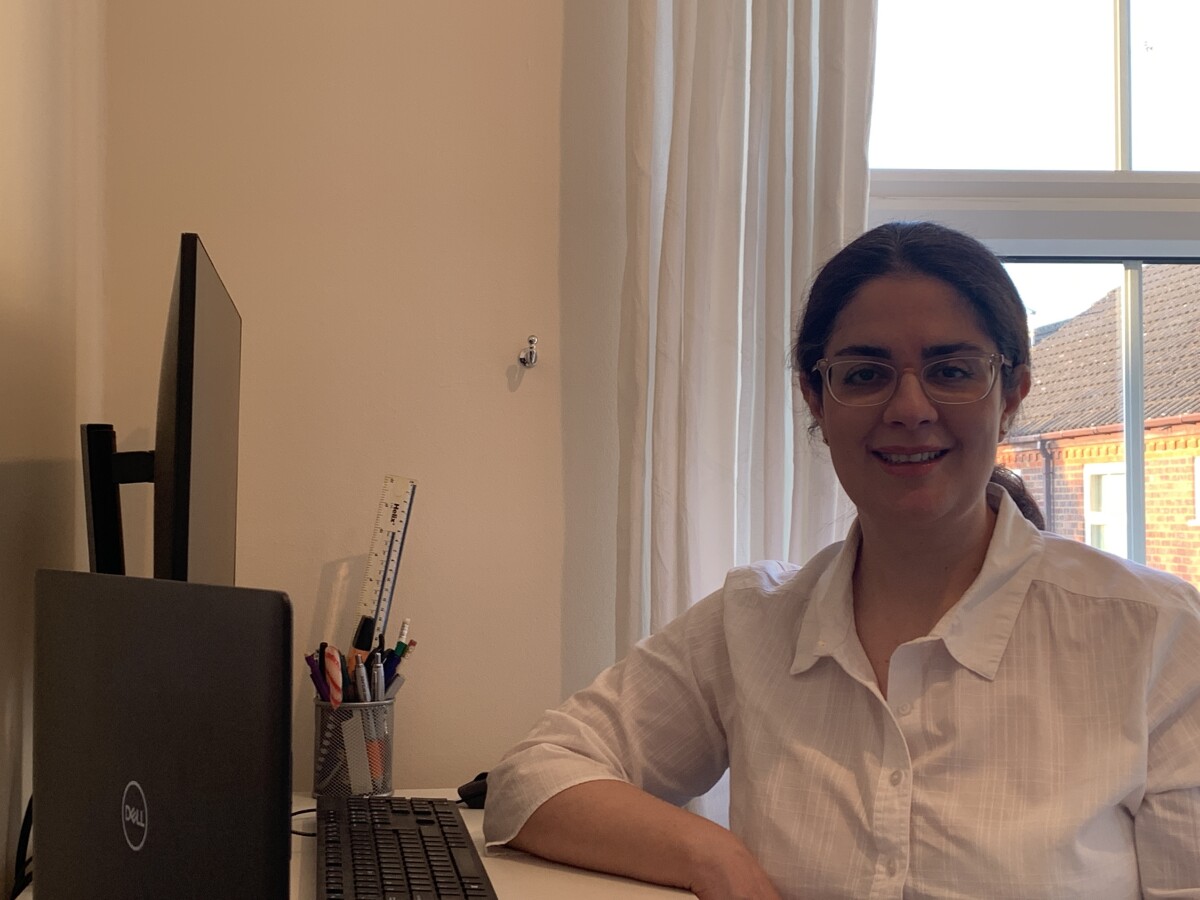Cambridge-Africa Research Fund Call 2022 Launch

Written by Parinaz Hariri and Dr Tabitha Mwangi
Today (6th June), Cambridge-Africa has launched the Alborada Research Fund call for 2022. The fund was established in 2012 with a generous donation from the Alborada Trust. It is an opportunity for researchers from Sub- Saharan Africa to apply for small grants to initiate or strengthen research partnerships with researchers from the University of Cambridge.
At this time of the year, Parinaz Hariri, the Cambridge-Africa Alborada Research Fund Coordinator is busy answering questions posed by applicants. Today, Parinaz will tell us about the most common questions and the responses she gives.
But first, a little about Parinaz.
Parinaz has an MBA in International Management from the Royal Holloway, University of London. She first joined the University of Cambridge in 2014, working in various faculties where she gained extensive administration experience in different fields such as HR, Student Administration, Programme Administration and Grants Administration.
Parinaz joined Cambridge-Africa in January 2019 and anyone who knows her can’t help but notice the enthusiasm with which she approaches her work.
‘I enjoy the variety of the projects in this fund especially those projects about social science or education. And I love an admin job, especially when its relevant to grants! I am fussy and like order so when I joined the team, I set up a system to organize the folders and make things easy to process. I find a lot of satisfaction when things are in good order,’
Parinaz has been in this position for three and half years and from her experience, she has put together the most common questions raised and her responses.
- What are eligible and ineligible costs?
This is the most common question and although the answers are there in the Terms and Conditions, I will lay it out here for clarity:
Eligible costs:
Directly Incurred Costs are those items that are charged directly to the project. They are verifiable and auditable and include:
Research Associates’ salaries, salaries for anyone charged to the project, e.g. contractors
Travel & subsistence
Materials, consumables and equipment
Visas, vaccines and ethical fees
Ineligible costs:
Directly Allocated Costs: for e.g. building and premises costs, basic services and utilities, equipment maintenance or operational costs
Indirect Costs: Overheads and administration costs
We do not pay PI salaries, PhD stipends and students’ fees.
2. What travel, accommodation and subsistence costs can be covered?
Although this question is related to costs, it is asked so often, it requires a separate answer. The questions takes various forms:
- If the African PI comes to live and work in Cambridge for a few months, can their accommodation and subsistence costs be covered by the grant?
- If so, is there specific guidance on what would be appropriate amounts to charge to the grant particularly for food?
- Can they get accommodated in a Cambridge college for the duration of stay?
The answer to all is yes. It would be entirely acceptable to ask for accommodation and subsistence costs for the collaborators’ Cambridge stay. Also, it would be great if people can find college accommodation as this is usually much more reasonable.
There is a link I provide people with to be able to check the rates (including the daily subsistence rate)
https://www.expenses.admin.cam.ac.uk/expense-rates/subsistence-rates
Cambridge Africa also pays for return economy tickets
3. How do I find a collaborator at the University of Cambridge?
There are times when an African PI is looking for a collaborator in Cambridge; I direct them to our Researchers’ Database https://www.cambridge-africa.cam.ac.uk/resources/researchers-database/ and they can look up people in their field. If they find anyone of interest, we can make the connection. If they cannot find any suitable collaborators, we do our best to find a suitable match for them.
4. Can Cambridge-Africa help with getting a UK visa?
No, we do not deal with visas and it needs to be done through the host department. (Cambridge PI department).
The actual cost of the visa can be budgeted for in the application, as it is part of the eligible costs, however Cambridge-Africa does not deal with the application and processing of visas.
5. Can I submit 2 applications with the same collaborator or another collaborator?
This is OK providing that they are 2 entirely different projects, but please note that because of a large number of applications we usually receive, it’s not guaranteed that both of the projects get funded.
Also, our system doesn’t allow the second submission and applicants need to contact me and I can help them
I would like to add that over the past few years we worked a lot on our Terms and Conditions and made changes based on the queries we have been receiving. Therefore, if anyone is interested in the scheme and wishes to apply, I strongly suggest that they read it. I am sure they can find the answer to their questions but if not, they are more than welcome to contact me at alboradafund@cambridge-africa.cam.ac.uk or ph462@cam.ac.uk

